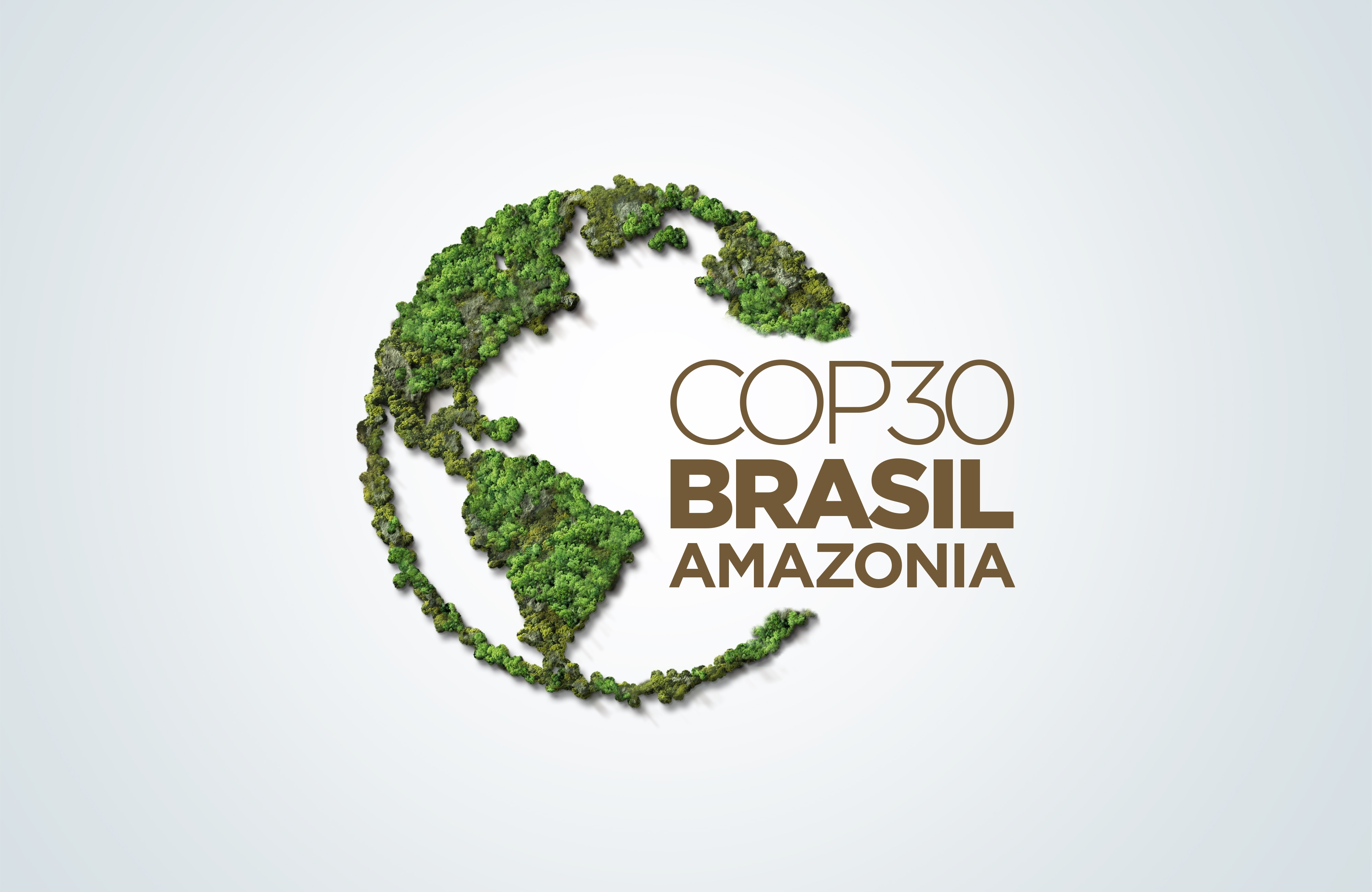COP30: An Inflection Point for Climate Action and Governance

The 30th Conference of the Parties (COP30), opening in Belém, Brazil, on November 10th 2025, convenes at a perilous moment.

Even as the climate crisis deepens – with 2024 confirmed as the hottest year on record, surpassing the 1.5°C threshold for the first time – climate action is slipping down the global political agenda due to geopolitical tensions, rising populism, economic pressures, and the United States (US) withdrawal from the Paris Agreement, which undermines the multilateral, rules-based order.
There has been progress since the Paris Agreement was reached ten years ago, including the deployment of renewable energy, with costs falling, and it is reasonable to hope that a peak in global emissions is close. However, the world is still far from the rapid and sustained reductions needed.
COP30 is not just another climate conference, it is a chance to reaffirm commitment to multilateral climate action despite significant headwinds.
Over thirty years, the COP has evolved from a technical meeting to a massive global event, with COP28 in Dubai attracting over 80 000 participants. This growth in participation is mainly driven by the development of the "action agenda” – the ecosystem of initiatives involving non-state actors like cities, businesses, and civil society alongside governments and international organisations.
The United Nations Framework Convention on Climate Change (UNFCCC) process is now at an inflection point. With the Paris Agreement and its detailed rulebook fully operational, the era of grand negotiations is largely complete. The central task for Belém and future COPs is no longer about creating rules but about driving their implementation through cooperation and collaboration to help overcome the real-world barriers to action.
Belém’s location in the Amazon is symbolically important, but it brings logistical challenges, especially an accommodation crisis with soaring prices. This poses a risk of exclusion for delegations from the poorest countries and civil society, undermining the inclusivity and legitimacy of the conference.
The formal negotiating agenda in Belém is busy with important technical work but lacks a single "big ticket” item. Key decisions are expected on establishing indicators to track progress on the global goal on adaptation, guiding the just transition work program, and several other issues. However, discussions on finance and the follow-up to the first global stocktake are expected to be contentious.
The biggest challenge for Belém is political: how to respond to the inadequate ambition of the new round of nationally determined contributions (NDCs) for 2035. Early indications, including an underwhelming announcement from China, suggest the collective ambition of these new climate targets will fall far short of a 1.5°C or even 2°C pathway. There is also a need to ensure a meaningful follow-up to last year’s new financial goal and demonstrate a pathway to build up finance for developing countries despite cuts in support from developed countries.
The Brazilian presidency needs to find a result that galvanises the rest of the world.
Several strategies are possible:
- Political leadership: the summit planned before the opening of the COP could be used to generate strong political messages and momentum from heads of State and government.
- A traditional decision-led outcome: the presidency could aim for a high-level political decision that urges all parties to "revisit and strengthen" their targets. Whilst important, that may be little more than rhetoric.
- An implementation forum: restructuring the "action agenda" around key themes from the global stocktake provides the opportunity to turn the focus on delivery and to put an implementation forum at the heart of the COP, coupled with a robust follow-up plan to track progress and ensure accountability.
An effective approach may combine all three strategies, using existing roadmaps on ambition and finance ("Mission 1.5" and the "Baku to Belém Roadmap") to drive progress, and the soft power of the COP to influence other international processes, such as the broader reform of the international financial architecture.
Internal disagreements and global instability have placed the EU’s credibility under scrutiny. The EU must restore its credibility on ambition by submitting an NDC with the highest possible ambition and not watering down the European Green Deal. It also needs to secure climate finance, strengthen partnerships, and support the role of European actors beyond governments.
Belém can mark the beginning of a much-needed evolution of the COP process, shifting the focus to implementation, improving the effectiveness of the formal COP process, and building stronger links to the rest of the UN system.

Available in:
Themes and regions
ISBN / ISSN
Share
Download the full analysis
This page contains only a summary of our work. If you would like to have access to all the information from our research on the subject, you can download the full version in PDF format.
COP30: An Inflection Point for Climate Action and Governance
Related centers and programs
Discover our other research centers and programsFind out more
Discover all our analysesPlacing the EU on a Warfare Footing: Energy and Raw Materials Priorities for 2026
The year 2025 has confirmed that one must prepare for much worse in the field of geopolitics and geoeconomics as the intensity and frequency of shocks increase and as the European Union (EU) has no more stable flanks now that crises with the United States (US) become so frequent and reveal a systemic rift. In the world, barriers to trade multiply and dependencies are weaponized.
Brazil One Year Away from the October 2026 General Elections
Brazil’s general elections will be held on October 4, 2026, to elect the president, vice-president, members of the National Congress, governors, deputy governors and state legislative assemblies. For the presidential and gubernatorial elections, a second round will be held on October 25 if no candidate obtains a majority of the votes in the first round.
The Strategic Dimension of Skills in the Clean Industrial Deal
In the competitiveness and energy transition battles, the European Union (EU) must master a determinant factor: skills.
The Energy Transition Faces Geopolitical Challenges. How Can Ideological Divides Be Overcome?
President Trump’s positions and policies, combined with record coal consumption and booming global electricity demand, geo-economic confrontation, and widespread concerns about energy security, are changing the game when it comes to understanding realistic decarbonization trajectories. The war in Europe is intensifying competition between defense and transition budgets. This is also the case elsewhere in the world.










